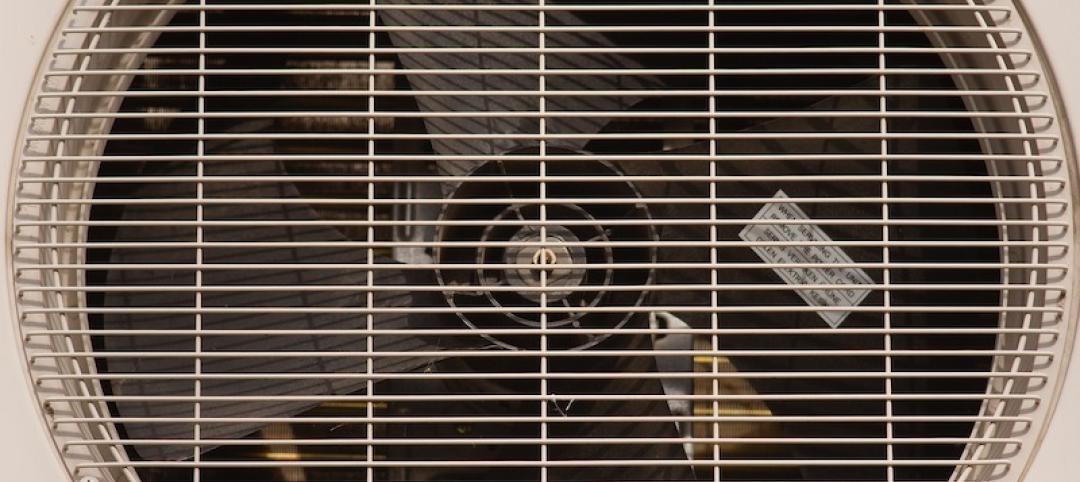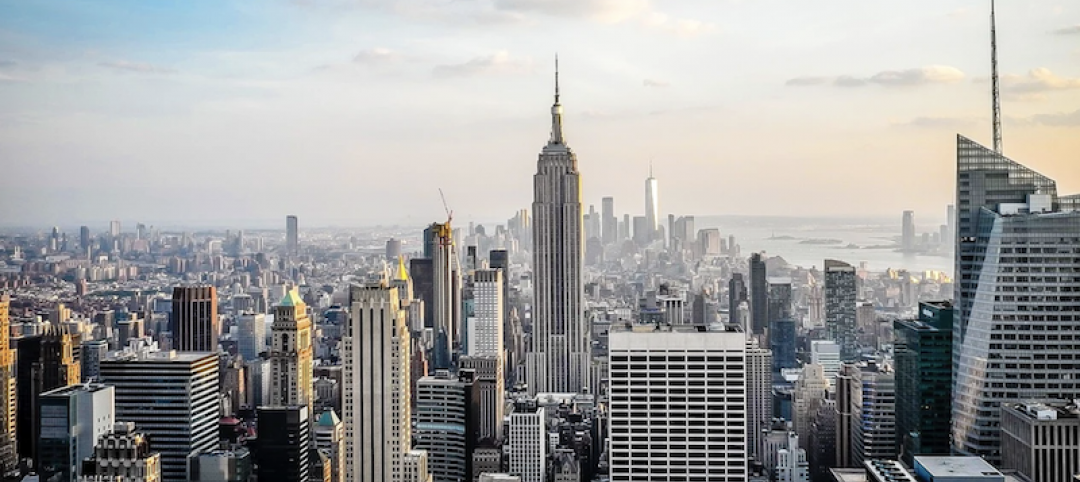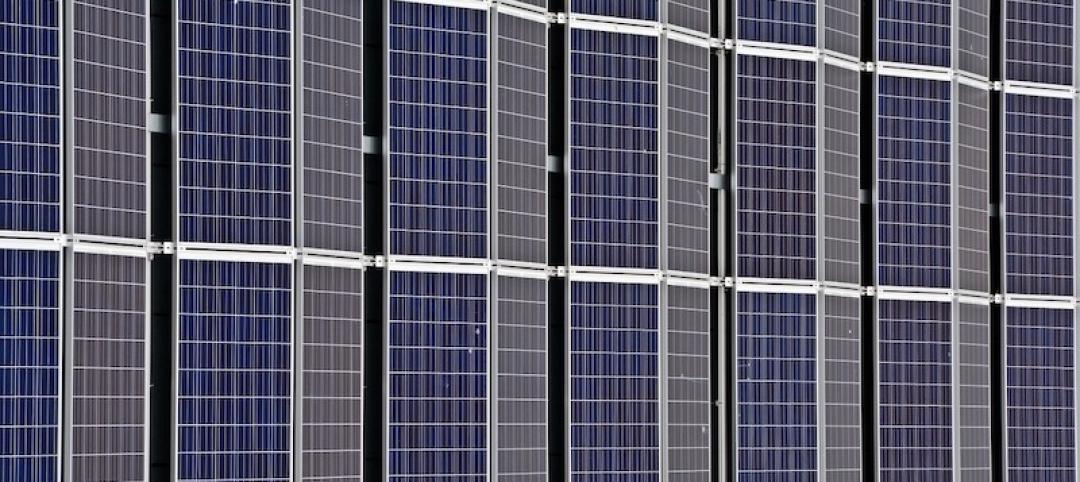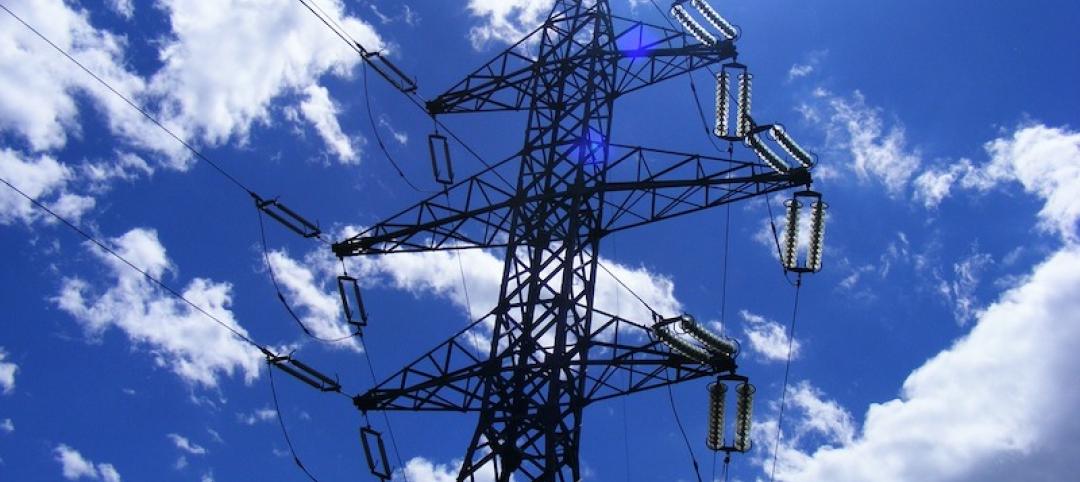The Washington D.C. Council recently passed legislation that will make it more expensive for owners to hold vacant or blighted property.
The Vacant Property Enforcement Act of 2016 reduces the maximum amount of time a vacant property can qualify for an exemption from higher vacancy tax rates. It also closes a loophole that allows continuous renewal of construction permits to qualify for tax exemptions, and require owners of vacant properties to prove they are no longer subject to the higher tax rates.
"The District has a substantial number of vacant properties, many of which are poorly maintained,” the bill report says. "Property owners may keep their properties vacant or fail to maintain them because they expect property values to rise over time. Poorly maintained and vacant properties can damage surrounding communities by being eyesores, by serving a venue for drug use and by providing a home for rodents or other animals. The net effect is to reduce the feeling of a cohesive community and depress surrounding property values."
The legislation reduces the time an owner can claim an exemption from higher taxes because of construction to one year for residential properties and to two years for commercial properties. Fines for failing to comply with city property regulations will rise from $1,000 to $5,000.
Related Stories
Codes and Standards | Aug 11, 2020
Inefficient air conditioning is a key contributor to global warming
More efficient equipment and buildings could make a big difference.
Codes and Standards | Aug 10, 2020
Concrete Institute and Post-Tensioning Institutes expand partnership
Will collaborate on new structural post-tensioned concrete code requirements.
Codes and Standards | Aug 6, 2020
SpeedCore demonstrates excellent fire resistance without additional fire-protective coatings
New York City approves metal-concrete product for all five boroughs.
Codes and Standards | Aug 5, 2020
Designing, redeveloping communities for zero energy needed to address climate change
District heating and cooling systems boost efficiency.
Codes and Standards | Aug 4, 2020
Virginia is the first state to adopt COVID-19 worker safety rules
Include social distancing requirements, notifications when co-worker tests positive, timelines to return to work after recovery.
Codes and Standards | Aug 3, 2020
Report aids local governments on policy options, pathways to electrify new buildings
Document focuses on switching appliances and equipment away from natural gas, propane.
Codes and Standards | Jul 30, 2020
Institute for Market Transformation acquires Energy-Efficient Codes Coalition
Goal is to achieve net-zero construction by 2050.
Codes and Standards | Jul 29, 2020
Crackdowns grow on construction firms that fail to follow COVID-19 guidelines
States, cities, and OSHA enforce social distancing, hand-washing regulations.
Codes and Standards | Jul 28, 2020
California utility adopts climate emergency declaration
Sacramento-region company commits to working towards carbon neutrality by 2030.
Codes and Standards | Jul 27, 2020
Updated Energy Plus and OpenStudio building energy modeling tools released
Software offers performance enhancements.

















